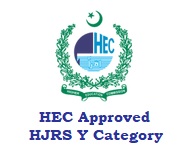A Forensic Linguistic Analysis of Modality on Prosecutors’ Resolutions
Keywords:
Forensic Linguistics, modality, prosecutors, resolutions, Cotabato Province, PhilippinesAbstract
Prosecutors are individuals assigned to resolve cases filed on courts. Their abilities to make keenly decisions provided a wide spectrum on the world of forensic linguistics. This study aimed at identifying the types of modals used and their functions in the prosecutors’ resolutions of different cases. Further, this forensic linguistic analysis determined the frequency of overused and misused modals. Anchored on the premise of Palmer (2001) on the types and functions of modals, this study found that the common speculative modality is -may. Deductive modality included modals such as -shall, -must, -would, -may, and -could. As appeared, modal -could was categorized under the reported modality. Permissives were -can, -cannot, -will, -would, and -must. Modals were used to predict, give the possibility, capability, and permission, necessity, requirement, and prescription. The modal -would appeared 14 times among the prosecutors’ resolutions. Implications for legal parlance and educational milieu were presented.
Downloads
Downloads
Published
Issue
Section
Categories
License
Copyright (c) 2022 The Authors

This work is licensed under a Creative Commons Attribution-NonCommercial 4.0 International License.






